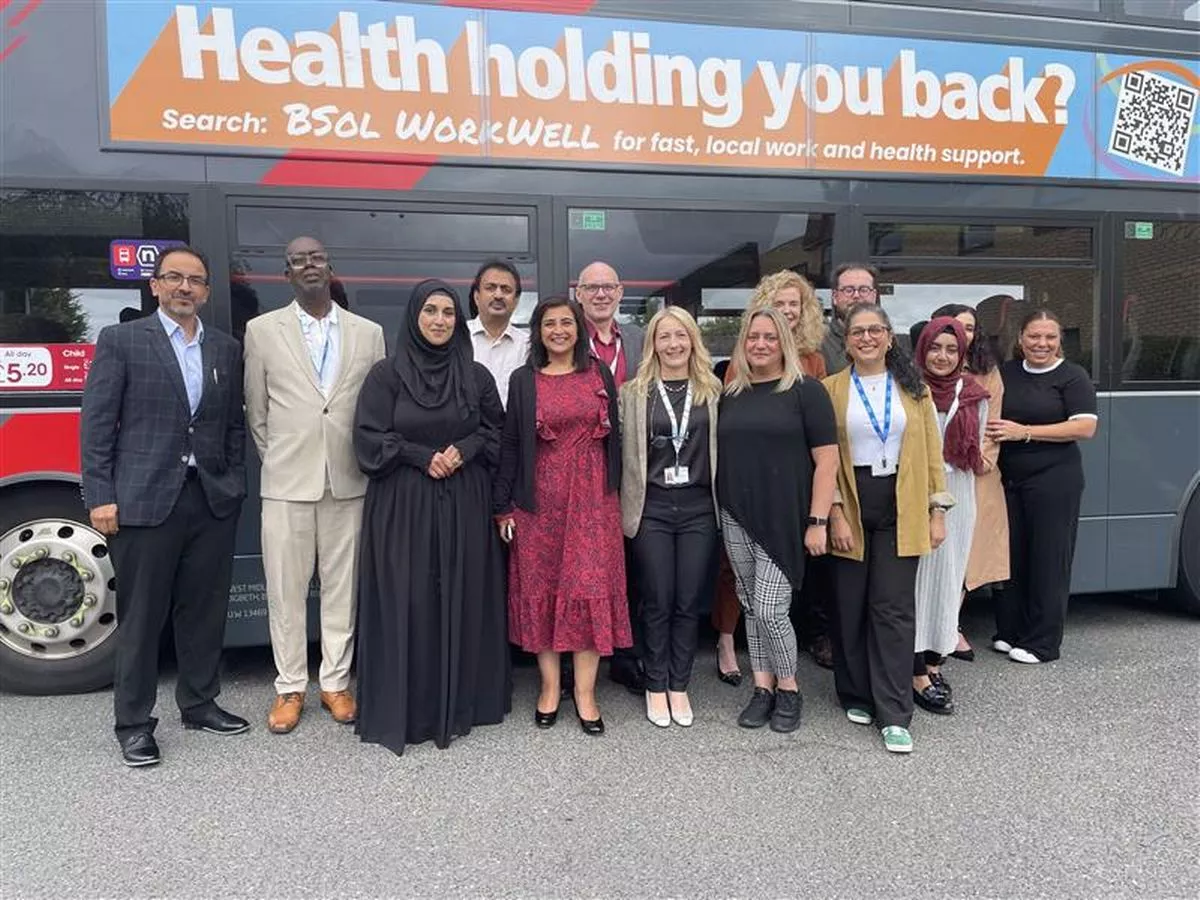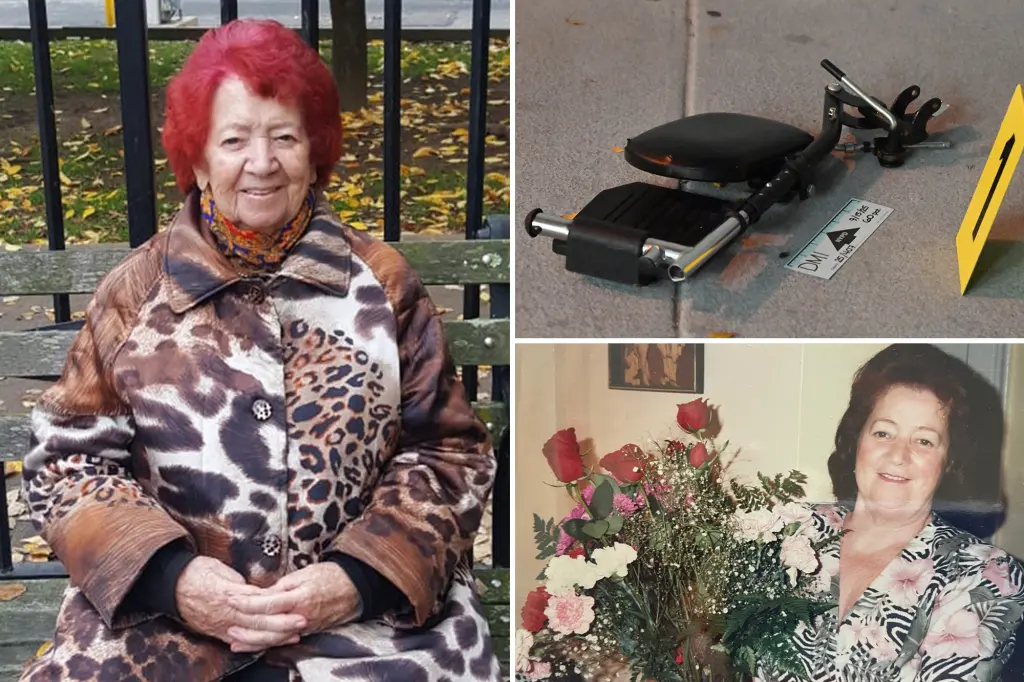By Gurdip Thandi
Copyright birminghammail

A unique pilot programme which supports Birmingham and Solihull people with ill health or disabilities back into work is being hailed for the impact it is having. WorkWell is being run in East Birmingham and North Solihull and has helped around 600 people since it was launched in October 2024. It is one of 15 being run across the UK and has recorded a 98 per cent satisfaction rate amongst the people who benefit from the course. READ MORE: Urgent dental appointments made available for people desperate for help in Birmingham And it is now hoped the pilot programme, which received £1.7 million in Government funding to establish, will be extended beyond March 2026 when it is due to end. NHS Birmingham and Solihull work with organisations Birmingham Disability Resource Centre, Saheli Hub, Better Pathways and the Colebridge Trust to run it. People will all kinds of physical or mental illnesses can volunteer to take part in the programme. Lindsay Carswell, associate director of transformation at NHS Birmingham and Solihull said they were finding people predominantly with mental health and musculoskeletal conditions were walking through their doors. She said: “The pilot has been running since October 2024, we’re up to about 600 people we’ve supported so far. That is quite significant. “We chose to work with a smaller footprint in East Birmingham and North Solihull and that was on the basis that, given the diversity of our population and local needs. “We wanted to work with the voluntary and community sector who partner and embed themselves in those communities. These are the areas with the highest deprivation across the city. “We get really positive feedback around the supportive nature of the programme. We’re there to help them overcome whatever their barriers are to get them back into work. “One of my favourite case studies is an individual who had support and we also supported her gaining employment as a secretary at one of the primary care practices. “We’ve been given indications that it is highly likely to be extended for at least one year but potentially three years. “The national team are really pleased with the progress they’ve seen in terms of delivery and that we’ve done it in an integrated way, managing to bring the services together.” Billy Simswood, work and health coach for NHS Workwell and work for Better Pathways, a mental health charity based in Digbeth said: “WorkWell is a lot more person centred, a lot more patient and understanding than previous schemes have been. “There is a real focus on the individual’s wellbeing, getting an understanding of the barriers that they are facing and an understanding of what can be done to assist people. “Being able to utilise the NHS multi-disciplinary team is incredibly beneficial for us. “We also are able to signpost and support people towards physiotherapy, fast tracking appointments with specialists and occupational therapists as well as signposting people to counselling sessions, psychotherapy. “Rather than it being hostile and heavy handed, we are able to ensure with a robust understanding of what individual needs are we can move them towards their long term goals, whether that be employment, education and training. “This is a voluntary programme and that settles nerves. People who come to us come from an incredibly diverse set of backgrounds. “Something that has been very rewarding for me is not only are we working with individuals with learning difficulties, neurodiversity, physical disabilities, we are also working with individuals who are very accomplished. “People with multiple degrees, management experience, people who have been very successful but health barriers have meant they’ve had to step back from that. “Being able to support such a wide variety of individuals is incredibly rewarding and sets WorkWell apart from other schemes. “As someone who has worked in this sector for a number of years, the overwhelming majority of people want to work. The challenges of suitable, sustainable employment make it far more difficult. “People who come through our door are desperate to work. One of the most common things I hear is ‘I’ve worked all my life and I want to go back as soon possible. Being in the house all day is driving me crazy’. “At the same time, people who are maybe in their mid to late 20s who haven’t worked is a systemic failing. These people have been failed by not having access to appropriate support. “The benefits of being in employment are well known, both financial and social. “I think with programmes like WorkWell, taking the time to understand the issues individuals are facing and getting them into sustainable, meaningful employment relevant to their skills and goals is incredibly beneficial. People want to work and are glad of support.”



